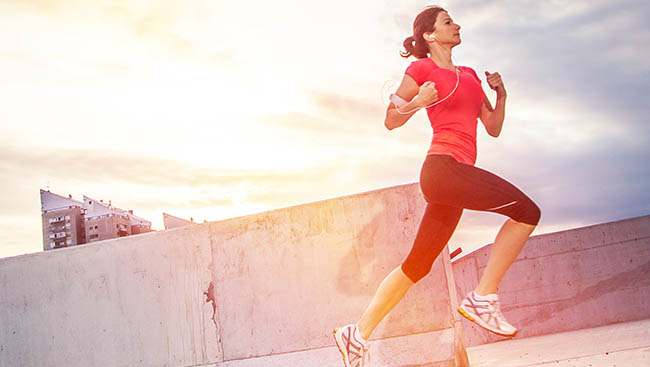Tips to enjoy a safe workout in the summer
We’re all excited once summer comes – the season for getting outside and getting active. Whether that means running, hiking, cycling, or performing any other form of outdoor exercise, you’ve finally got the weather on your side.
But when you combine physical exertion with increased temperatures, you’re faced by a number of risks. Dehydration is the first that comes to mind, but all of that excess sweating also means that you’ll be pumping through your body’s supply of electrolytes and sodium.
The obvious solution is to drink a ton of water, but it might not be that simple – too much water with too little electrolytes can lead to hyponatremia (translation: low blood sodium levels), which can cause nausea, confusion, muscle cramping, seizures, and in extreme cases even death.
So how can you make sure that you’re enjoying a safe workout in the summer heat? Here are a few tips:
Get your water
Before you work out drink at least two glasses of water, and be sure that you have a water source close at hand while you exercise, whether that means a water fountain, bottle, or camel bag. Drink at least every 15 minutes, even if you don’t think you need to. After you’re finished, be sure to put back at least two more glasses.
And your electrolytes
You can replenish your stores of electrolytes by either drinking electrolyte-rich beverages or by taking supplement capsules. A great way to replenish water, electrolytes and carbs while giving yourself a chance to cool down is to eat a piece of fruit.
Salt up
It might seem counterintuitive, but salt is an important part of your workout as sodium is one of the main components of your electrolytes. Once you start sweating it all out, you’ve got to restock your body’s stores. A small handful of olives, salted nuts, or pumpkin seeds make for a great sodium boost.
Precool
Studies have shown that precooling by taking a cold shower and chugging an icy beverage right before your workout doesn’t just combat the effects of high temperatures, but can actually boost your performance.







